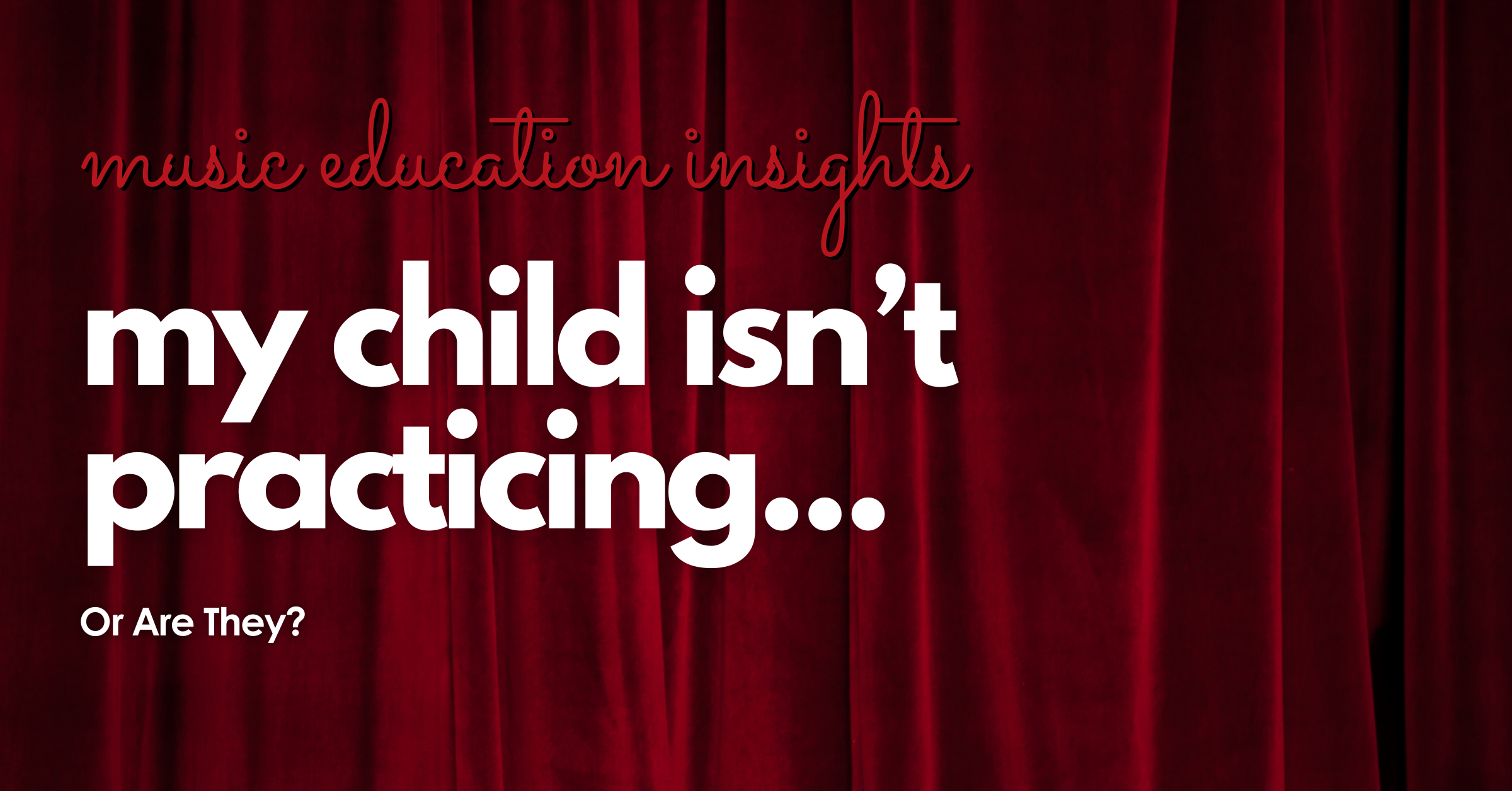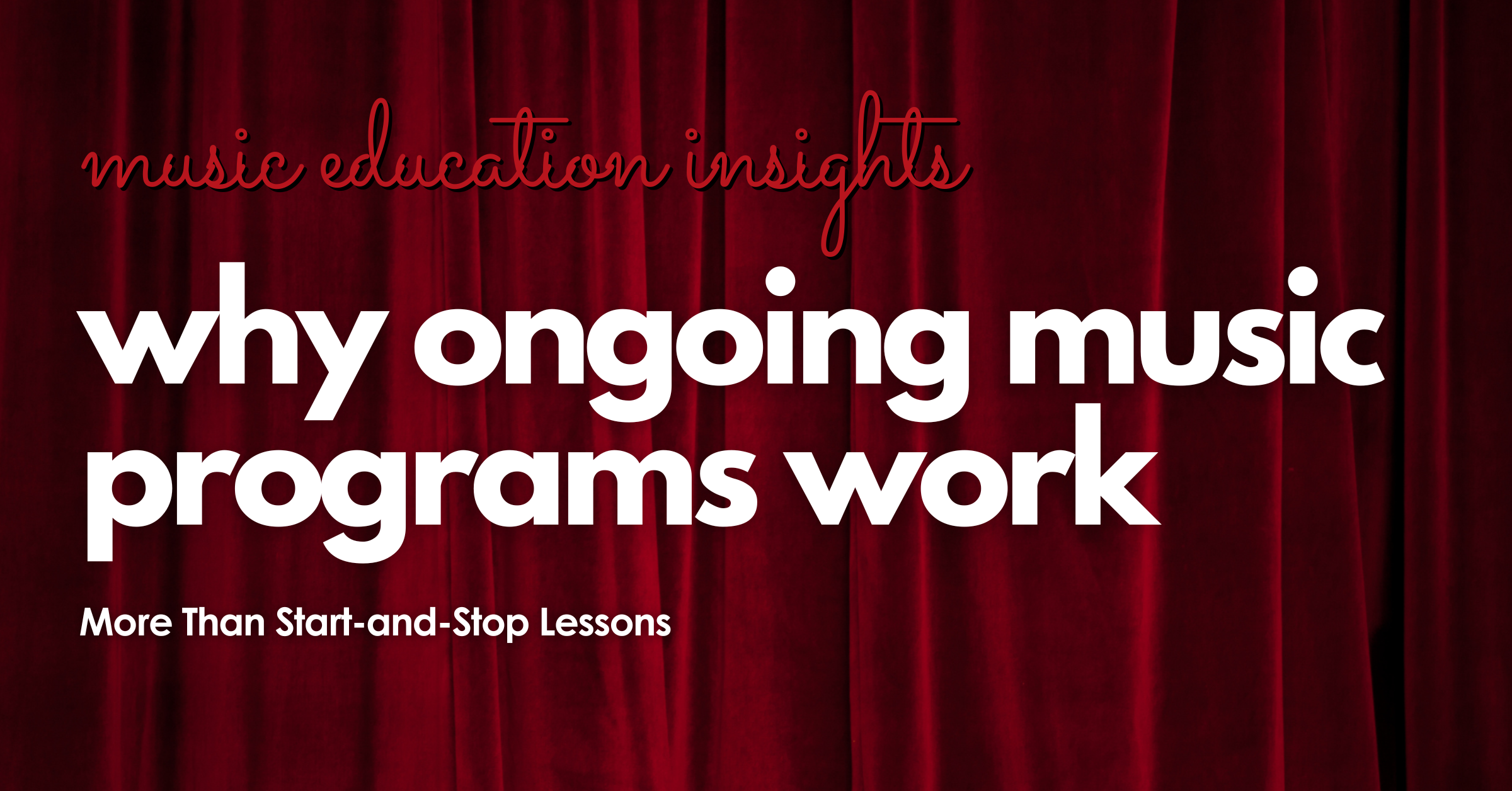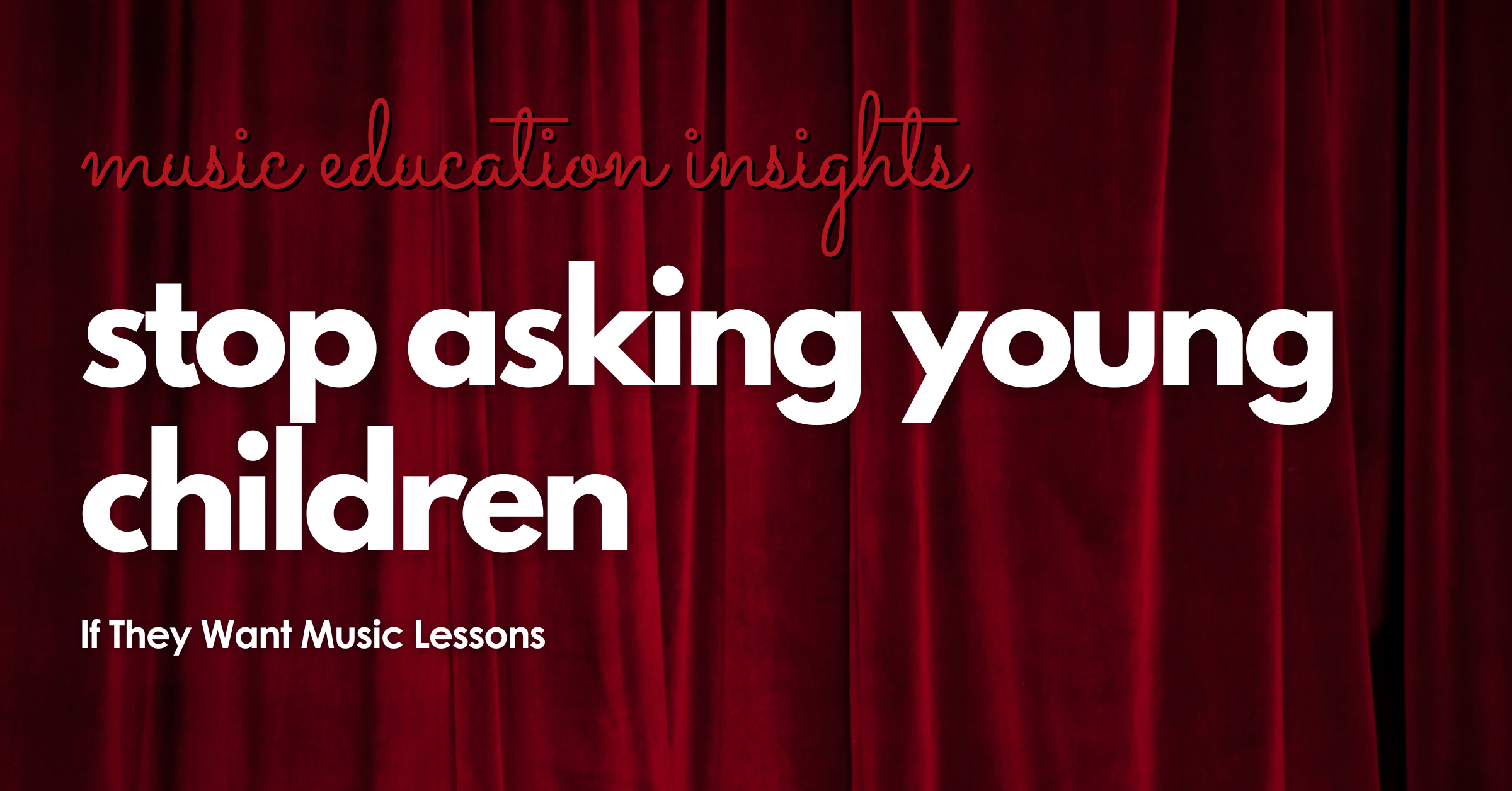By Mindy Cabral, The Magazine of Santa Clarita, August 2012
Children often say they want to take music lessons and many times parents pass up this request because they don’t know where to begin or don’t take the child seriously. Only about half of the children who say they want to play an instrument actually learn to. Here are some things to consider if you are exploring the possibility of taking music lessons this year:
- Getting Started in Music Lessons – You will know if your child really wants to learn an instrument if they ask for lessons, are intrigued by instruments, and like to learn. You don’t need “musical talent”, you only need the interest and drive to learn and try. Not all music students will become professional musicians. Music education can benefit all students by enriching and broadening their life experience, add to basic core knowledge, and develop an appreciation for music and the arts. A good time to begin private lesson is between 7-12 years old. Younger children will benefit most from a group class.
- Selecting a Teacher – A great teacher is a great communicator. Teachers who have a degree in music show they have a competent background in music, but also take into consideration a teacher’s personality, dedication to teaching, and experience. Some teachers prefer to teach more advanced levels while others specialize in beginning students. The beginning years are critical for later advancement and accomplishments. You will want to interview different teachers to find the one that is the best fit for your child.
- Getting an Instrument – You must have an instrument to practice on at home. Beginners usually rent an instrument to get started making lessons more affordable. You can rent about any instrument including woodwinds, brass, pianos, and even harps! Many instrument suppliers have rent-to-own options as well.
- Helping at Home – Music lessons are for the student, but parents play an important part in the process at home. Showing an interest in hearing the student play at home or in studio recitals and giving positive feedback and encouragement will help motivate your child. Creating a quiet space for focused practice away from distractions like the TV and family pet and giving rewards for accomplishments and also things you can do as a parent to help.
- Practicing – You have to practice to get better at something no matter what it is. Music is no different. Beginners usually practice about 20 minutes daily for the first few months of lessons and increase the time as they advance. You can’t “cram for the performance” the night before. Music is learned and absorbed gradually so consistent practicing is very important to advancing.
- Performing and Recognizing Student Achievements – Recognizing and praising student achievements is very important to a child’s self-esteem and motivation. Students can relive and enjoy their accomplishments by playing the music they master again and again. Participating in performances also allow students to share their hard work and talent with others who will understand what it took to get there. The better prepared a student is, the more successful and enjoyable their performance will be.
Registration is open NOW! Little School of Music is located at 28306 Constellation Rd, Valencia, CA 91355. For more information, visit us online at: LittleSchoolofMusic.com, or call: 661-222-2239
© copyright 2012



